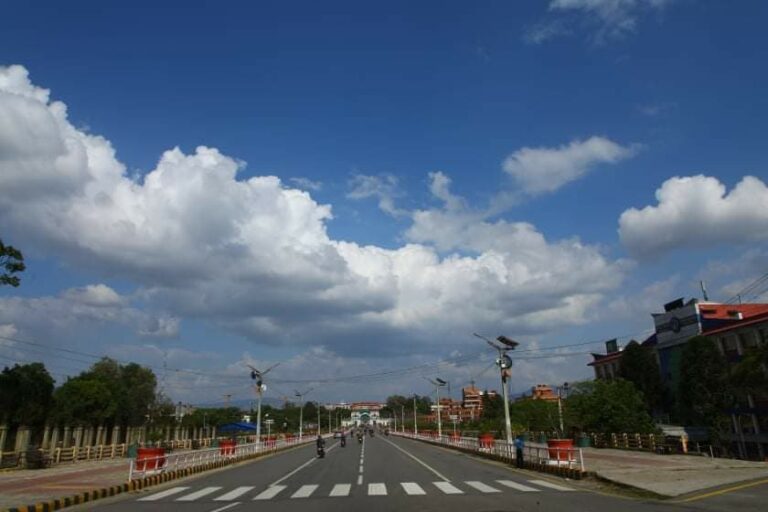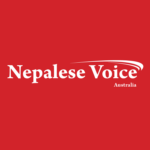
A meeting of the Covid-19 Crisis Management Committee (CCMC) has decided to impose a ‘smart lockdown’ to curb the virus’ spread while also ensuring proper flow of production and supply of essential commodities.
Wednesday’s CCMC meeting concluded that some essential sectors should be allowed to operate in compliance with the health safety protocols although the ongoing prohibitory orders would be continued throughout next week.
The meeting, chaired by the Prime Minister and Chairman of CCMC KP Sharma Oli and held at the PM’s official residence in Baluwatar, also decided to resume flights to Turkey, Qatar, Saudi Arabia, UAE, Japan and Malaysia.
Flights to these countries will not be allowed to carry more than 2,000 passengers a week.
The meeting also decided to provide assistance to migrant workers who cannot afford hotel quarantine in their destination countries. The government will bear up to 10 days’ expense for hotel quarantining of such migrant workers.
The meeting also decided to allow the construction sector and essential industries to operate without restriction and in compliance with health safety standards.
CCMC also decided to provide air freight expenses to bring oxygen cylinders sent by non-resident Nepalis from various countries and to accept the intensive care medical equipment provided by the Israeli government.
Meanwhile, the government is also reportedly moving forward with its plan to buy 4 million doses of vaccine from the Sinopharm Company in China.
A cabinet meeting on Monday reached an agreement with the Ministry of Health and Population to move ahead with the vaccine procurement process.
Sinopharm has mandated a ‘non-disclosure agreement’ for all countries willing to buy vaccines. The non-disclosure agreement ensures that the price of vaccines and other terms and conditions cannot be disclosed to a third party.
Earlier, the Department of Health Services could not proceed with the procurement process as Nepal’s existing law does not allow government to enter into a ‘non-disclosure agreement’.
However, after several attempts to buy vaccines from other countries failed, the government has eventually agreed to sign a non-disclosure agreement as per Sinopharm’s proposal.






